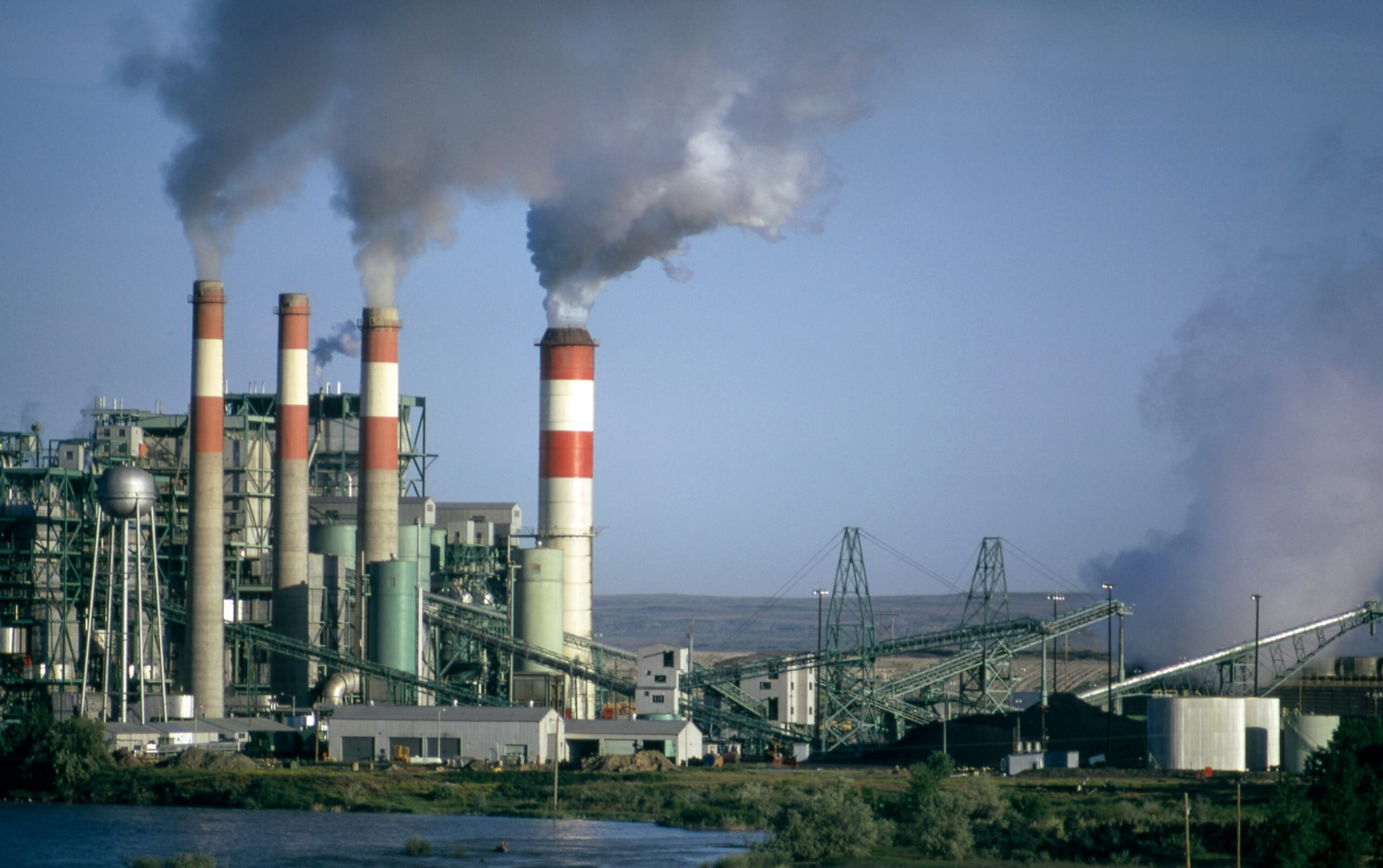Residents in Alabama are outraged and alarmed as local companies persist in releasing hazardous chemicals into the air.
Alabama’s “chemical corridor” is experiencing a surge in the chemical industry, disproportionately affecting Black communities, Al Jazeera reports. This ongoing, unsustainable situation has persisted for years. Environmental racism is playing a significant role as minority populations bear the brunt of the harm. Efforts to avoid pollution and advocate for community health have created immense stress for those impacted by the chemical leaks.
Several areas in Alabama are unsafe due to unhealthy industrial practices. Despite global advocacy for respecting the earth, valuing eco-friendly destinations, and traveling sustainably, environmental racism remains a significant issue. The severe situation in Alabama, where residents feel their lives are at risk, is particularly disheartening.
Fighting Environmental Racism

Environmental racism occurs worldwide, manifesting in social, economic, and political injustices. In Alabama’s “chemical corridor,” industrial companies have engaged in unfair practices by releasing unsafe chemicals into the air, causing significant pollution and health problems for residents.
Where Exactly Is Environmental Racism Happening in Alabama?
The industrial expansion in Mobile, Alabama, has affected two predominantly Black communities. In 2021, Sterling Specialty Chemicals, a Finnish chemical giant formerly known as Kemira, expanded in the Mobile area, impacting Africatown and McIntosh, communities with significant Black history.
These two Black communities are located in the “chemical corridor,” with the company’s expansion only about 1,500 feet from homes in Africatown. The McIntosh community, home to around 250 people, is surrounded by eight chemical plants. Between McIntosh and Africatown, there are 26 plants in the Mobile area.
The Ongoing Issues with Local Corporations and Safety
Residents of these towns are upset about how manufacturing plants have gradually taken over land, hoarding it in the Mobile area and threatening to create a chemical industry takeover. This corporate growth reduces space for local residents, economically disadvantaging Black families in Africatown and McIntosh.
Serious safety concerns have arisen due to the chemicals released by manufacturing plants in the Mobile area. Notably, pollution began as recently as 2017, with one company releasing chlorine into the air for 12 hours without residents’ knowledge, consequently resulting in burning lungs and dying birds.
Conditions like asthma, stroke, heart disease, nausea, and cancer are common in the area, with health concerns escalating to generational issues. These “sacrifice zones” are places where community well-being is not prioritized over corporate gain for extended periods. Africatown and McIntosh community members have protested against the pollution compromising their health.
To preserve the history, health, and spirit of their community, it is crucial for locals to recognize the importance of unity and continue fighting against environmental racism.




